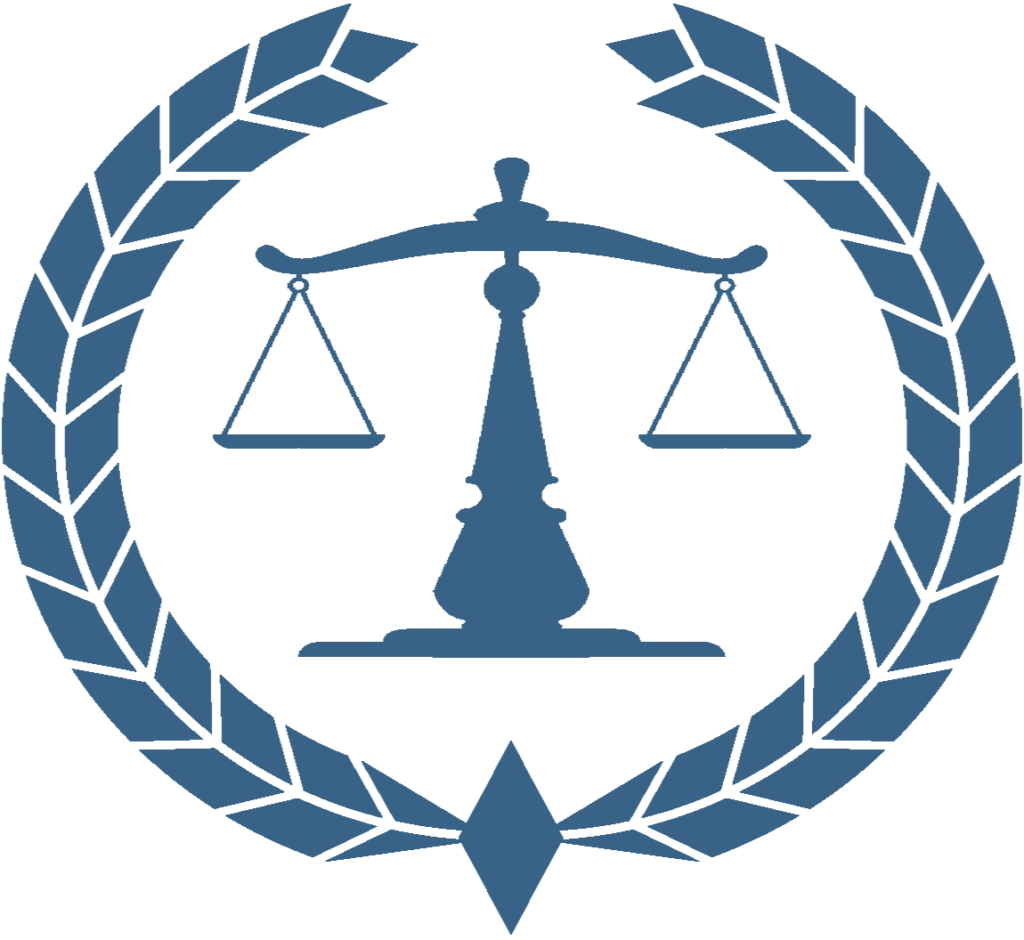Anticipations Regarding Judgment
Within Cases Brought As Small Claims Court Proceedings
Page last modified : December 04 2023
What Can One Reasonably Expect From the Small Claims Court in Terms of Receiving Justice?
Small claims court cases are heard in a summary fashion, which is quick-paced and can occasionally lead to mistakes in the pursuit of justice and the truth. In the event of a significant error, litigants may be forced to accept a regrettable result or file an appeal with a higher court.
Comprehending the Function of Small Claims Courts in Encouraging Access to Justice, Including Reasonable Expectations of Decision
The Small Claims Court’s case limit, or the amount of money within which the court is lawfully allowed to operate
is presently capped at $35,000 for each Plaintiff in the lawsuit in order to function. Of course, while most people consider $35,000 to be a sizable sum of money, there may also be some ethical considerations at play.

It is quite fair that the public will expect court processes, particularly those handled by the Small Claims Court, to be performed diligently with a true pursuit of the truth and justice. This expectation stems from the desire for justice and truth.Though it is said that the system is flawed and does not aim for perfection, it is reasonable for litigants to expect a high standard of adjudication of court proceedings, particularly in a democratic society where the pursuit of justice and truth encompasses the goal of guaranteeing the public’s respect for the administration of justice. In particular, and with regard to the Divisional Court’s expectations from the Small Claims Court, after reviewing the rulings in the Li v.
[15] It is crucial to emphasize from away that an appellate court’s function is not to uphold a faultless standard but rather to step in only when there is a serious possibility of injustice.The purpose of an appeal is not to allow re-arguments on previously determined issues or to ascertain how the court sitting on appeal would have ruled on the case in a different situation.The purpose of an appeal is to fix major mistakes, not every flaw that was found at the first trial.
[16] Only in cases where the court of first instance made substantial mistakes that make the verdict implausible is intervention warranted.The Supreme Court of Canada’s guidelines in Housen v. Nikolaisen, 2002 SCC 33 (CanLII), [2002] 2 SCR 235, serve as the standard of review in most cases. A factual finding will only be overturned if the evidence fails to credibly support it. Legal decisions are subject to a more stringent standard of review. This means that an appellate court will rectify legal errors based on a correctness test, even if it will still be necessary to show that the error is essential to the outcome.
[17] Small claims court is a busy court that is intended to process cases in a concise and informal manner. In instances involving relatively small claims for damages, the court ensures meaningful and economical access, which is crucial to the administration of justice in the province. That court’s procedures and processes are comparatively streamlined in order to fulfill its mandate. This context must be considered by an appellate court when determining whether the reasons are sufficient. Refer to Maple Ridge Community Management Ltd. v. Peel Condominium Corp. No. 231, 2015 ONCA 520 (CanLII), and Massoudinia v. Volfson, 2013 ONCA 29 (CanLII). In a similar vein, the Deputy Judge needs to have latitude to modify trial protocol in light of the situations that
Summary Comment
Per the Divisional Court inside the Li choice as expressed above, while refering to the High Court in Housen, genuine discoveries by a lower court are “upset”, importance modified or coordinated for a new Preliminary, just where the lower court made preposterous discoveries. It is prominent, and the mark of this article, that what is “irrational” and what is blemished are usually two exceptionally particular things. Curiously, in Li, the Divisional Court proceeded to express that an allure court will take care of legal blunders in regulation where the mistake illustratively influences the outcome, meaning the choice for the situation. For litigants who believe that the Trial Judge did not adequately comprehend the truth of what actually occurred, the higher expectation of accuracy when applying the law to facts rather than determining the facts can be frustrating; what’s more, thusly applying the law upon erroneously resolved realities, being the full truth inside the story in the legitimate case at issue, may prompt an unfairness. Eventually, it is critical to remember that the framework is intended to look for equity sensibly; in any case, wonderful equity will constantly stay as a pursuit when such includes the flaws of humankind including the defective mankind as exists inside judges.
Learn About :
Shemesh Paralegal Workplaces serves clients situated in Hamilton, Niagara Falls, Grimsby, Milton, Caledonia, among different spots.
We recently had a LTB matter and Ian handled the whole process amazingly.
Trust his process and he knows what he is doing ! The best paralegal in town , thank you for your service Ian ! Always our person to go for any matters !
~Neela ramzi
ATTENTION: Do not send any confidential information through this web form. Use this web form only to make an introduction.
